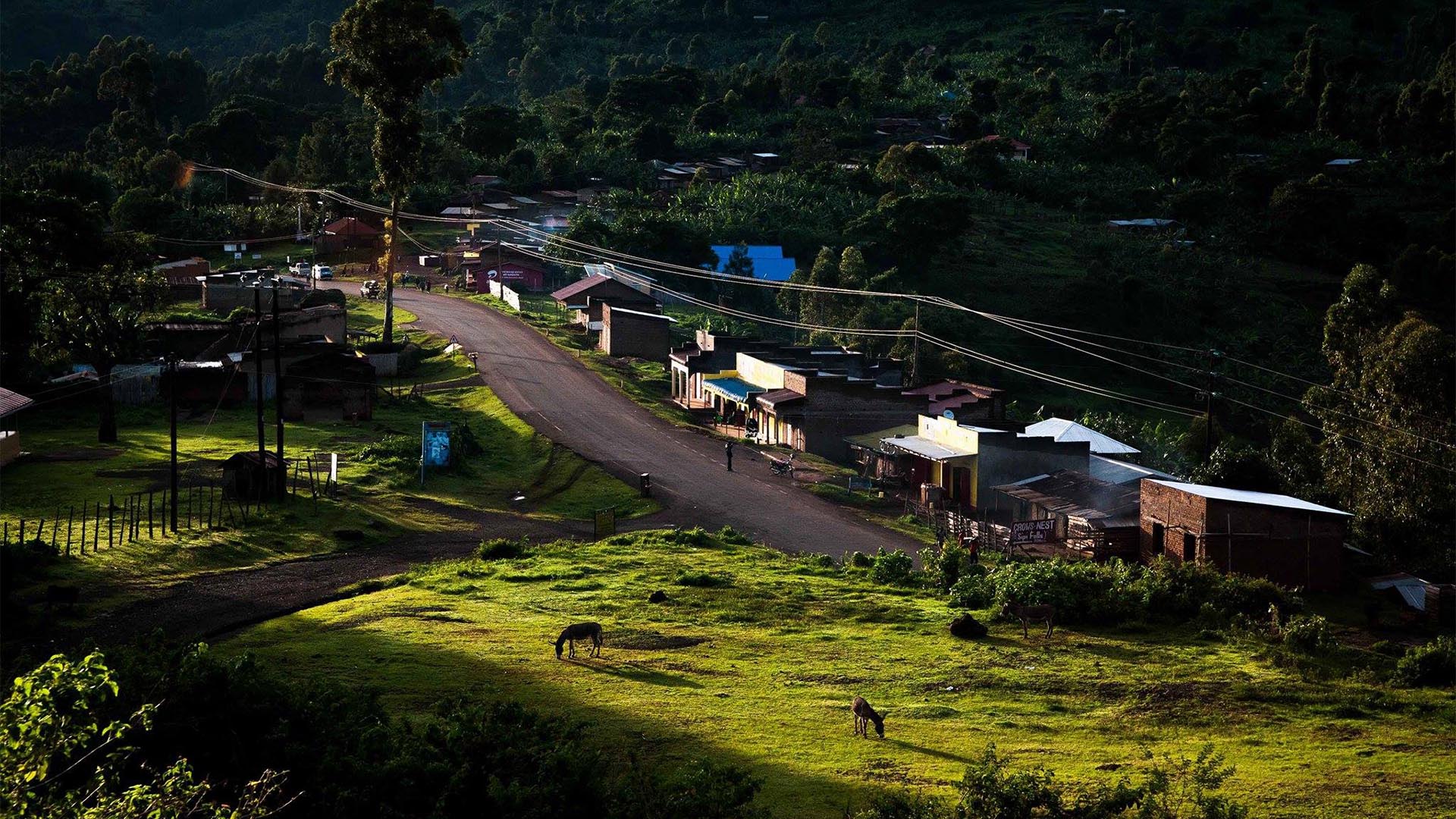Ugandan telecoms are bracing for a legal battle over a long-standing government request for the companies to open up their billing information to independent review. Since 2016, the government pushed for the acquisition and implementation of INMS (shorthand for Intelligent Network Monitoring System) a software that would record billing for voice and data. The government, sources say, is driven by a desire for fair assessment of tax levied on the
Government sources confirm that the Ugandan cabinet last week picked General Electric (G.E), one of the companies vying for the financing and construction of an oil refinery, to complete the venture. The meeting was held at State House Entebbe, the residency of the President. GE, an American company is a part of the Intra-continental Asset Holdings (IA) consortium, Mauritius-based private equity firm, and includes amongst others Washington based Yaatra Ventures
16
Jan 2018
UMEME concession to renew – for now
Uganda’s largest power distributor, Umeme Limited, is expected to have its concession renewed when the on-going negotiations with government are concluded, insiders say, most likely before the year ends. At the heart of the negotiations is when the concession can be renewed and under what terms. Although the 20-year concession acquired by UK’s CDC expires in 2025, the power distributor needs a renewal now in order to commit funds required
A farm down from cash stressed oil company Tullow in Uganda to the French giant Total is nearing a year since it was announced without approval from the government. Industry sources suggest the Joint Venture Partners ( Total, Tullow, and CNOOC) may have aligned their position on the terms of the approval. Initially when Tullow announced its intention to farm down to Total – it was CNOOC ( encouraged by
Uganda has been taken off the monitoring list of countries with high risk of money laundering and terrorist financing. The list is compiled and monitored by the Financial Action Task Force, a powerful body whose ultimate effect – through peer action, is to strengthen the health of the global financial system. The sanctions a country faces for non-compliance can be serious. Blacklisted countries such as North Korea for example can
24
Aug 2017
$ 4.5 billion refinery deal far from closure. Fate of Energy PS tied to controversy over award
Uganda’s $ 4.5 billion refinery project could be delayed by a protracted dispute if one of the competitors, choses to go to court over the way the procurement process is being handled. Subsequently the new permanent secretary at Uganda’s Ministry of Energy Stephen Isabalijja is under pressure with rumors of his firing doing rounds. Amongst others it is said he may have prompted legal action after he personally ruled out
Current estimates from the Ugandan electricity regulator suggest a slow down in demand that could affect the country’s low cost hydroelectricity program. Over 80% of future supply is expected to come from hydroelectric sources although Uganda has a range of renewable energy solutions in place as well as potentially oil-based supply from its assets in the Albert valley. The analysis of demand for electricity in Uganda is however problematic. On
Uganda and Tanzania have signed an agreement to advance the crude oil pipeline also known as the East African Crude Oil pipeline Project. This brings Uganda closer to First Oil and takes forward the process of commercializing its crude. The government expects a Front End Engineering and Design
| M | T | W | T | F | S | S |
|---|---|---|---|---|---|---|
| 1 | ||||||
| 2 | 3 | 4 | 5 | 6 | 7 | 8 |
| 9 | 10 | 11 | 12 | 13 | 14 | 15 |
| 16 | 17 | 18 | 19 | 20 | 21 | 22 |
| 23 | 24 | 25 | 26 | 27 | 28 | 29 |
| 30 | ||||||







